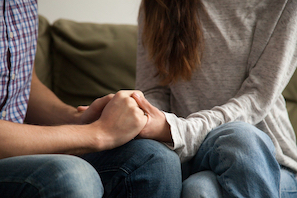- Depression amongst the elderly is a serious and common problem as our population ages.
- There are multiple reasons why we develop depression as we get older but it is commonly to do with the increased rate of significant life change that people experience as they age.
- Common changes include the loss of a life partner, chronic or substantial health issues, and moving from independent living to supported care.
Showing closest practices to
No location selected
Practices within 5km
Practices within 10km
Practices within 20km
15 min drive
45 min drive
1.5 hr drive
Not found in your area
Bella Vista
Q Central Building, Suite 208A, 10 Norbrik Drive
Bella Vista NSW 2153
T:(02) 8820 0717
View details
Bella Vista NSW 2153










































